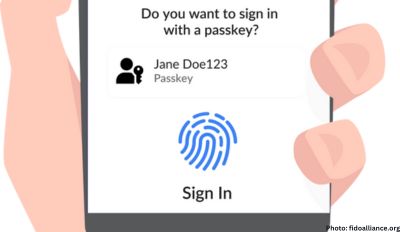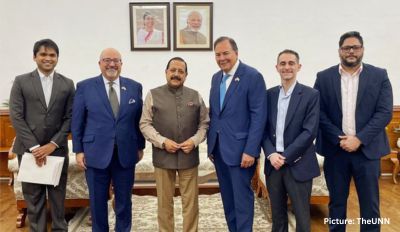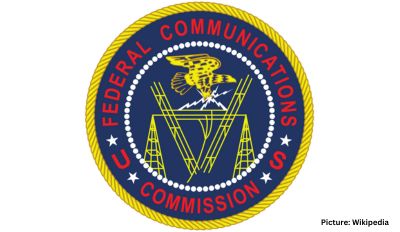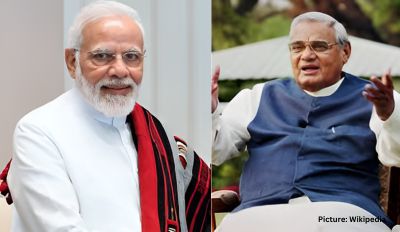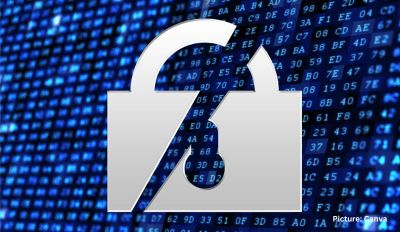In a significant move to address the rising threat of deepfakes, the Central government has issued an advisory to all social media platforms, urging them to comply with Information Technology (IT) rules. The Ministry of Electronics and Information Technology (MeitY) has mandated intermediaries to effectively communicate prohibited content, specifically focusing on Rule 3(1)(b) of the IT Rules, to users in a clear and precise manner.
The advisory, which follows a two-day meeting involving officials from major companies such as Meta, Google, Telegram, Koo, Sharechat, Apple, HP, and Dell, emphasizes the need for a comprehensive approach in dealing with deepfake-related concerns. The meeting, chaired by Minister of State for Electronics and IT Rajeev Chandrasekhar, aimed to address the growing threat posed by deepfakes.
According to a press release from the Press Information Bureau (PIB), the advisory outlines that content prohibited under Rule 3(1)(b) of the IT Rules should be communicated to users explicitly through terms of service and user agreements. The communication should occur during the initial registration process and be reiterated through regular reminders, especially during login and when uploading or sharing information on the platform.
Furthermore, the advisory underscores the importance of informing users about the penal provisions associated with Rule 3(1)(b) violations, including those outlined in the Indian Penal Code (IPC) and the IT Act of 2000. It states, “The terms of service and user agreements must clearly highlight that intermediaries/platforms are under obligation to report legal violations to the law enforcement agencies under the relevant Indian laws applicable to the context.”
Rule 3(1)(b) falls within the due diligence section of the IT rules, requiring intermediaries to communicate their rules, regulations, privacy policy, and user agreement in the user’s preferred language. It also mandates platforms to make reasonable efforts to prevent the dissemination of information related to 11 specified user harms or content prohibited on digital intermediaries. The primary objective is to identify and promptly remove misinformation, false or misleading content, and material impersonating others, including deepfakes.
Expressing his views on the advisory, IT Minister Rajeev Chandrasekhar highlighted the serious threat posed by misinformation, particularly fueled by artificial intelligence (AI) in the form of deepfakes. Chandrasekhar stated, “Misinformation represents a deep threat to the safety and trust of users on the Internet. Deepfake, which is misinformation powered by AI, further amplifies the threat to safety and trust of our Digital Nagriks.”
The advisory aligns with Prime Minister Shri Narendra Modi’s earlier caution on the dangers of deepfakes. On November 17, the Prime Minister warned the country about the potential risks associated with deepfake technology. Subsequently, the Ministry conducted two Digital India Dialogues to apprise stakeholders of the IT Rules, initially notified in October 2022 and amended in April 2023, outlining 11 specific types of prohibited content applicable to all social media intermediaries and platforms.
Last month, the IT Ministry raised concerns about platforms not aligning their terms of service with India’s internet laws and urged them to promptly inform users about permissible and prohibited content on their platforms. Additionally, the Union government designated an officer to assist users in filing First Information Reports (FIRs) against social media firms in cases related to deepfakes.
Prime Minister Narendra Modi had earlier sought media assistance in educating the public about the capabilities of artificial intelligence and deepfake technology. He expressed concern about the rapid spread of disaffection facilitated by these technologies in a country as diverse and vast as India.
The rise of deepfake videos targeting prominent actors on social media platforms has heightened concerns about potential misuse of this technology. The government’s advisory aims to strengthen regulations and promote responsible use of social media platforms to counter the growing threat of deepfakes.



